Dr. Hayward provides information about how to request from your private insurance that her services are covered under in-network rates, rather than out-of-network rates. If approved by your insurance, this can reduce the costs of services considerably, depending on your plan.
Today we are talking about alternative treatments for supporting your child's behavior. Alternative treatments might be things like essential oils, elimination diets, using the moon to decide when you will go out for fun activities versus hunkering down in anticipation of naughty behavior, and other types of old wives tales and Instagram / Pinterest wisdom that is not necessarily linked to evidence-based studies. Many providers, including physicians, psychologists, therapist, and others, get this question all the time. It's a very important question because it frames the way that you as a parent will approach treatment for your child and the energy and attributions you give to interventions along your child's journey.
It's hard to feel like you're moving toward your big goals and living your best life when there is always a load of laundry that needs folding or homework that needs to be completed. Today's video talks about framing your schedule in the context of your big values for your family, so that you don't get lost or overwhelmed by the mundane daily life stuff. When we focus on how the smallest of our actions contributes to teaching our children how to live out the values we most aspire to, it makes it a bit easier to do those tasks with joy, patience, and purpose. I provide a couple strategies to get you started with values-based scheduling. Let me know how it goes!
I'm sharing a parent question and answer video I made from my new Facebook group, Positive Parenting Q and A, today.
Today's video focuses on understanding why a child might be responsive and compliant with one parent and not with the other parent and how I address it in therapy. This is a very COMMON question!
I discuss three big reasons for this phenomenon. I also discuss how I approach healing the parent-child relationship to…
Today I'm chatting with Certified Lice Technician, Danni Hall. She is the owner of The Alaska Lice Clinic, LLC. We have a rich discussion about a common childhood problem that shows up from time to time. We discuss how schools might stop the spread of a lice outbreak, how parents can help prevent their child from getting lice, and how cultural factors have led to some school policy changes since I was a kid. I have to say that this conversation was so GOOD, and I hope that you all out there get as much out of as I did.
Today I'm chatting with Dr. Rubia Subhani. She is a psychologist practicing in Georgia and also a parent to an autistic child. Across her professional and personal journey she has developed a mindfulness practice to help her child manage anxiety and behavior flare ups.
Dr. Blevins discusses why ADHD or ADD are commonly confused with anxiety. She talks about how this confusion can happen in the first place and
To start off the new year we're chatting with Trina Deboree, an elementary school Media Specialist focused on standards-based reading materials and science/STEM/makerspace. She helps teachers and parents create engaging materials that help foster the love of learning in children.
Dr. Blevins talks about how she uses a planner to decrease busy-ness stress. Many of us create never ending to-do lists. Just looking at them can increase our stress. Today Dr. Blevins discusses a special planner, the bullet journal, and how she uses it to train herself to better understand how long it takes her to do common tasks and how to let go of a perfectionistic mindset. What is a bullet journal? With time, the bullet journal creates a mindfulness practice around your day and how
I'm chatting today with a psychologist who specializes in giftedness, Andrea Lein. She and I really nerded out... for a while. We talk about what giftedness is, what twice exceptional is (when a gifted personal has a learning or emotional disability in school), and how parents can approach supporting twice exceptional children. Enjoy!! (I know we did!)
Dr. Blevins discusses how parents and teachers can approach aggression that shows up in children. She discusses how aggression is a form of communication and how parents can start to notice what need that communication serves to meet. She also discusses which service providers are best suited to helping…
Meet Jen Wilking! She is a physical therapist and yoga therapist who has honed in on helping people to learn how to relax their mind and body. In this video she teaches us how to breathe properly, and then we do a live demonstration of a 5-minute mindfulness practice. We discuss how breathing correctly and mindfulness can change your stress level and how parents can
I'm discussing child stuttering and the often observed anxiety in children today with speech-language pathologist, Kelly Clendaniel, MS, CCC-SLP. Kelly has a special interest in stuttering as well as a child who stutters. She provides up-to-date information on what parents and providers should know about stuttering. I then jump in with information about how anxiety and anxiety disorders develop and are maintained. Anxiety is increasingly understood to be…
This video discuss how psychologists tend to specialize through their training in certain areas of assessment, and it aims to help parents to find psychological evaluators who are good fits for assessing their children. Common misconceptions with…
I’m so excited to unveil my new interactive Facebook group: Positive Parenting Q and A! You can submit questions and I answer them through facebook live each week. You can also let me know here if you want me to seek out information about a specific topic for learning videos. I’m so excited to chat with you more!
Two financial planners, Sarah and Katie, and a child psychologist, Dr. Leslie Blevins, chat about the ways that parents can teach their children healthy money skills and money mindset from an early age. We discuss earning an allowance and how to use allowance in consequences when your kid makes a mistake. Should you take away your kid's allowance? We also talk about
We're discussing toddler sleep!! This is a dreamy topic for many parents out there. Our expert this week is Erica Harren who is a Board Certified Behavior Analyst, or BCBA, and mom of a toddler.
I'm chatting with clinical psychologist, Tiffany Rochester, in Perth, Australia. She specializes in coparenting therapy for divorced and separated parents who aim to work together for the betterment of their child(ren). We discuss what coparenting means, the mindset of providers and parents in effective and ineffective coparenting therapy, the role of the legal system, and common themes of emotions that children display. Many parents have described to me that they feel they're coparenting with
I'm chatting with Dr. Ben Kennert, licensed psychologist in Michigan and Board Certified Behavior Analyst. We're discussing Clinical Behavior Analysis. It entails several different therapy modalities, including my favorites ACT and PCIT. This is a great conversation for those in the counseling or ABA fields looking to understand the concepts and how clinical behavior analysis is used. It is used very differently than ABA, so be prepared for differences.
I'm chatting with the owners of Pacific Northwest Behavior, a Spokane, WA based ABA provider to young children with autism and other developmental difficulties. Kourtney and Steve are BCBAs, and we chat about the important ethical considerations of using ABA to honor autistic people's independence while also helping them to gain more independence.
We dive into differential reinforcement and how parents are likely to encounter this behavioral principal with any child on a typical day.
I'm interviewing Tom Corley, writer of 5 books on wealth habits, including Rich Kid Poor Kid and his newest book Effortless Wealth. He draws on his data collected from hundreds of people falling into two categories, Rich or Poor. Many of the daily habits and lifestyle mindset habits are super easy. You may find that you're already doing a few. Tom explains how his work with wealthy people, and those striving to become wealthy helped him to understand that it boils down to what you do each day. Our conversation goes into some of the questions I often get
I'm chatting with Michelle Winebender, a Registered Dietitian and Nutritionist for over 25 years (and a good friend of mine). We chat about how to create healthy eating habits in young children so that they grow up to have a good relationship with food. Michelle helps with the super common questions I get "Is my kid eating enough?" and "Will my child get a nutrient deficit if I can't get them to eat more variety?"
Dr. Blevins interviews Laurie Dils, Program Supervisor for Sexual Health Education at the Office of Superintendent of Public Instruction (OSPI) regarding Bill 5395, the new sex ed bill recently signed into law by Governor Inslee. The bill is currently on referendum fall 2020 for public vote.
Ms. Dils and Dr. Blevins talk through the intention, historical context, and outline of the bill, especially for the kindergarten through third grade social-emotional requirements and the fourth and fifth grade puberty requirements. Ms. Dils also addresses some misinformation on social media about the bill that is prominent on social media.
For parents and educators outside of Washington, this is a good conversation about sex ed generally and how schools play a role and think through the process of helping students through this part of development.
We're taking a break from expert chats today so I can bring you information that I believe is awesome and super helpful to creating a learning-at-home schedule that benefits your child and you.
I'll go into the one big secret that teachers have been doing in Finland's schools for a while now. It helps increase attention and productivity in kids, promotes better mood, and is associated with higher achievement scores and better brain development.
Dyslexia is the topic for this week! This is also known as a Specific Learning Disorder/disability where the deficits are in basic reading skills, namely phonological processing.
Casey Harrison, an expert dyslexia specialist, will go into much greater detail about the ins-and-outs of what this means and other terms you may have heard used with dyslexia. Casey is an internationally sought after dyslexia treatment expert with over 25 years of experience in education.
We discuss what you should look for in a reading specialist if your child needs support and what a good therapeutic reading program entails. We also talk about learning to read more generally, so if your child is a bit younger and you are wondering about the approach to take, this is a great video to watch.
Casey works with children …more
Today's video is the second in a three-video series on supporting your child in the financial domain. A couple of week's ago I addressed college (and other after-high-school pursuits) planning. In a few weeks I'll be addressing growing financial skills through intentional parent-led teaching by interviewing Thomas Corley, an award-winning author.
Today I am chatting with Randi Johnson of Lilac City Law about young family estate planning. Estate planning is putting in writing (so everyone is clear) your wishes for your children in the unfortunate event of your and their other parent's passing. We will discuss estate planning for typically developing children and the concerns involved when raising a child with special needs.
Specifically, we'll look at considering power of attorney versus guardianship when your child becomes an adult, choosing a guardian and the different types of guardians, examining what a trust is and how it can provide
Today I'm continuing my series of expert chats with Brandie Rosen, a 25-year veteran of special education and teacher training. She's worked on over 5,000 IEPs! She shares with us valuable insight into writing good IEP goals.
IEP goals are the meat of any special education child's services. They provide the road map for what the school, his teachers, and the child will be accomplishing as part of the special education programming for the next calendar year. Brandie helps me to understand how this individualized map fits in with the general education curriculum and how it pulls services, like speech and language, to support meeting the IEP goals. We also dive into Brandie's work in training teachers, specifically with addressing anxiety in students. Brandie provides a framework for how she promotes a collaborative, expertise driven working style so that teachers can do their best work with students while students are getting all of their needs met.
Have a great day!
Dr. Blevins
Resources
Brandie's parent website: https://brandierosenconsulting.com/
Brandie's teacher website: http://learn2teachwithbrandie.com/
Here is a link to Brandie's resource page for parents; lots of good IEP content! :) https://brandierosenconsulting.com/faq-and-resources/
Dr. Blevins is continuing her expert chats this week with Billie Tyler, MS, LMFT out of Spokane, WA who specializes in relationship counseling. She uses the Gottman approach, Emotion Focused Therapy, and Solution Focused Therapy as her orientations. Our conversation includes an overview of what couple's therapy is and the way it can help parents to reach their parenting goals. They discuss how relationship therapy may come on the radar for parents, what some common difficulties are that Billie sees, and the benefits of establishing healthy communication early in any relationship. You can learn more about Billie Tyler, MS, LMFT at https://billietylertherapy.com.
Dr. Blevins chats with Katrina Roy and Peter Tassoni, both employed with the state of Washington, about considerations for college financial planning. Planning for both special needs and typically developing children are covered.
Download the presentation here: https://teachdirections.enildaclinic.com/funding-college
Questions covered include:
1. What might be additional factors to consider, financial opportunities, or hurdles to overcome when planning for college if a child has special needs?
2. What if your child is considered disabled and won’t get a traditional college credential. Is funding available for them?
3. For typically developing kids, what’s the ideal planning path?
4. For typically developing kids, if I haven’t planned and my kid is now in high school, what should I be doing to best prepare for a good financial situation with them in college?
5. What is my child’s responsibility (at various ages) that I can encourage them to do to contribute to their college financial health?
In honor of our society's awakening to social injustice and a deeper need to hear from more diverse voices, today's learning video is a book review of a kids book about racism by Jelani Memory. The book does a great job of providing structure to help guide parents in a conversation about racism with their children without giving explicit examples, which might be age-inappropriate for some kids. This allows parents to tailor their own examples to a child's maturity level, making the book one you can come back to time and again as your child gets older and their understanding of the world grows.
I am having a give away for two copies of a kids book about racism. You may enter the giveaway by responding to this email (FrontDesk@EnildaClinic.com) with learning video topics that are of interest to you! The giveaway will end August 11, 2020.
Categories
Don’t miss out on a new learning video!
Get a FREE online guide, “Teaching Your Child to Follow Directions” when you sign up for the newsletter.
Have clinical questions or seeking therapy or assessment? Contact Dr. Blevins to learn more about child & teen assessments, parent training, young child therapy, or payment options.








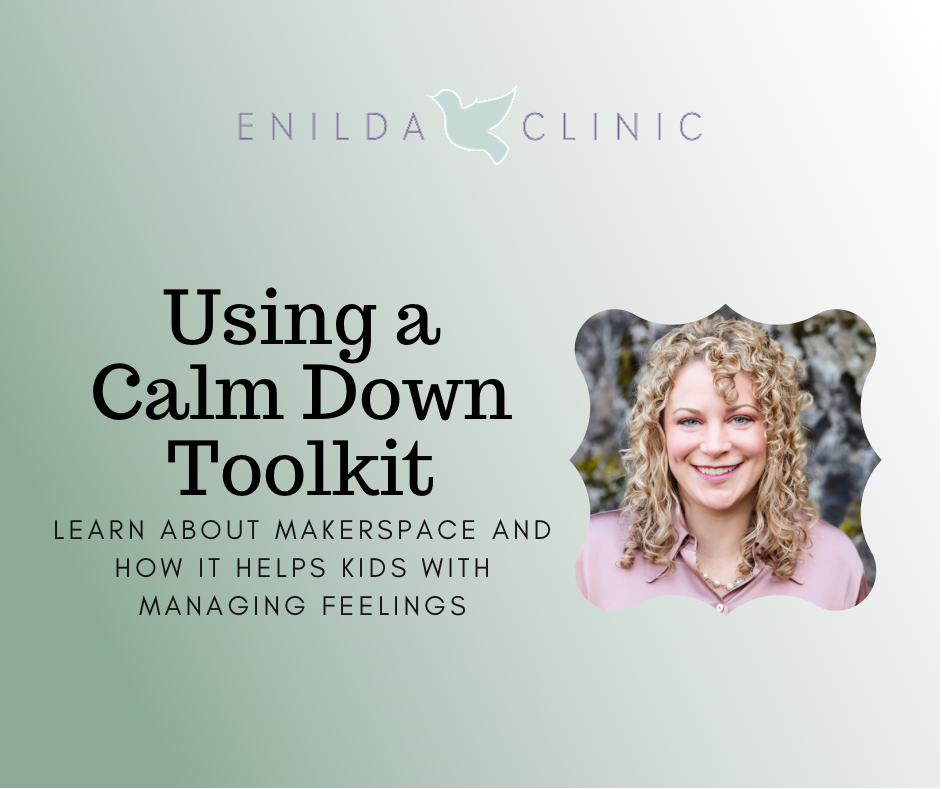


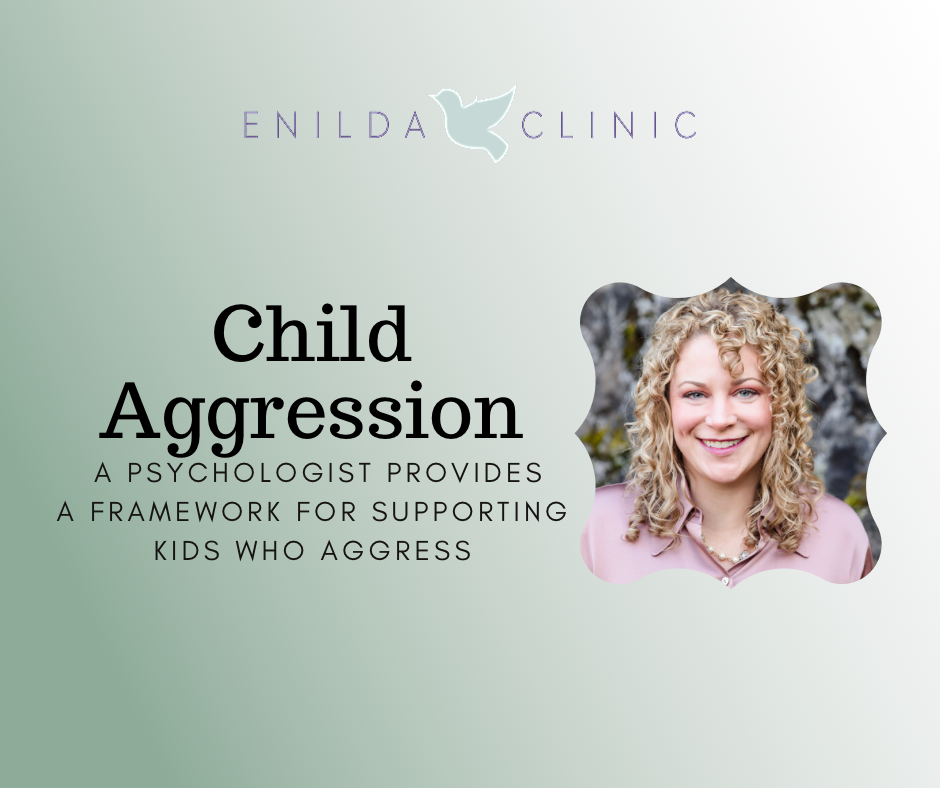

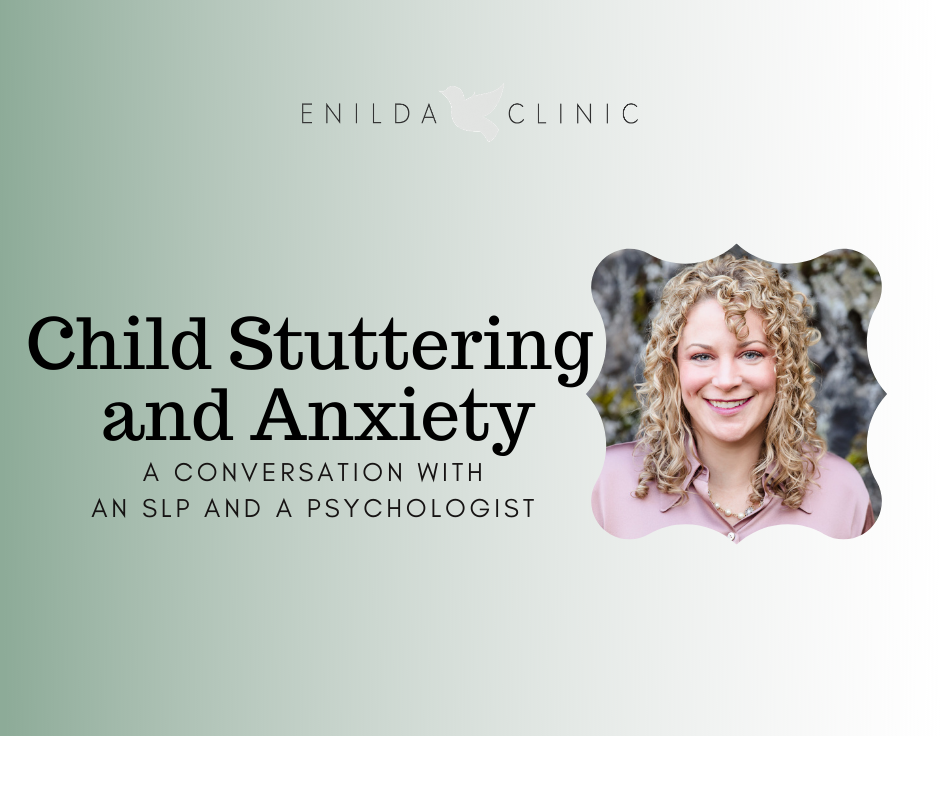
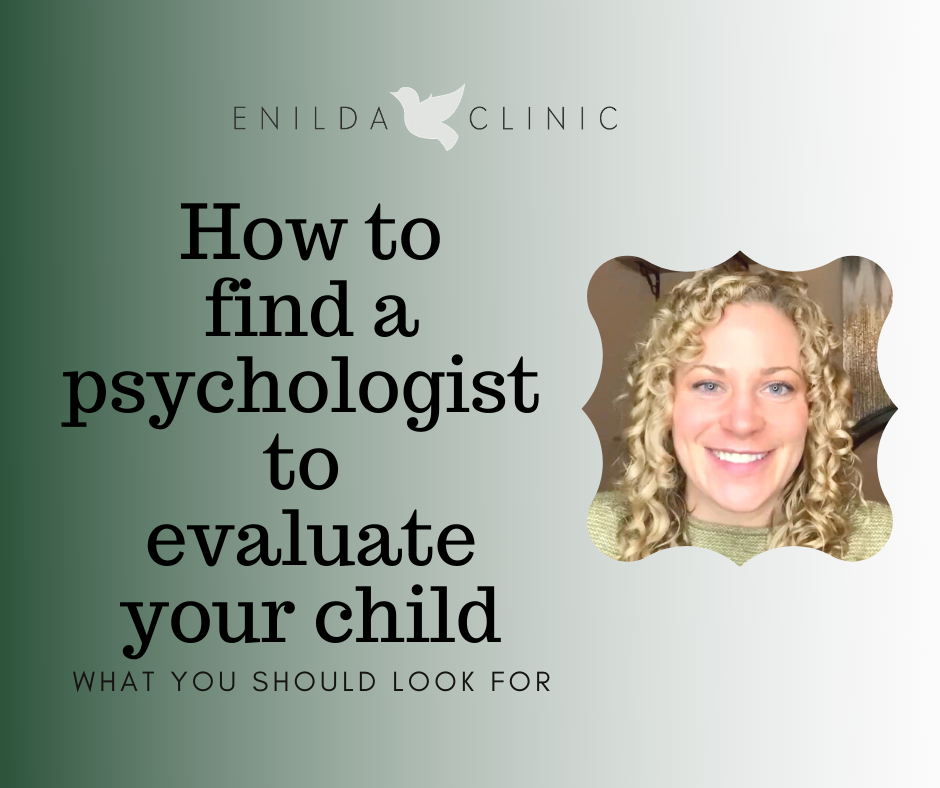
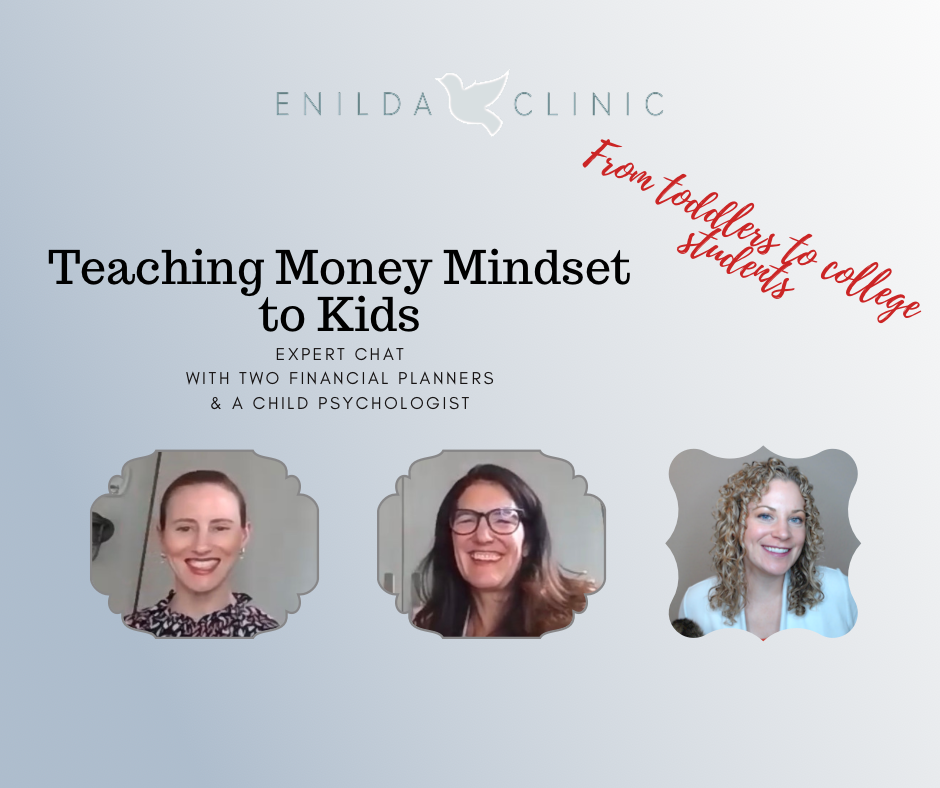
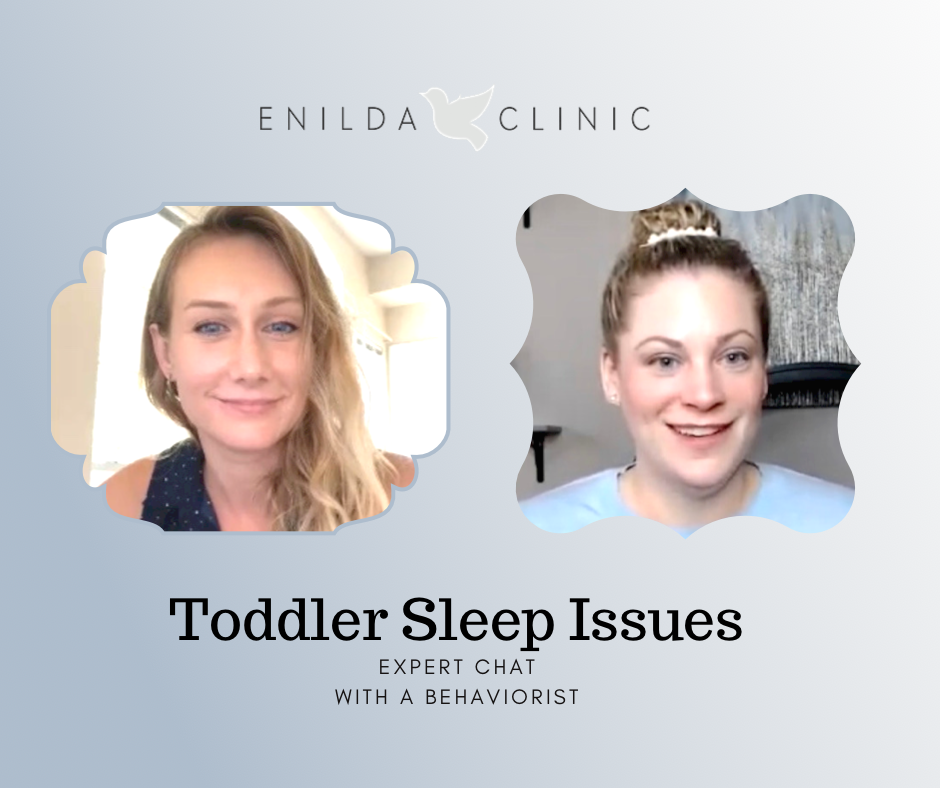
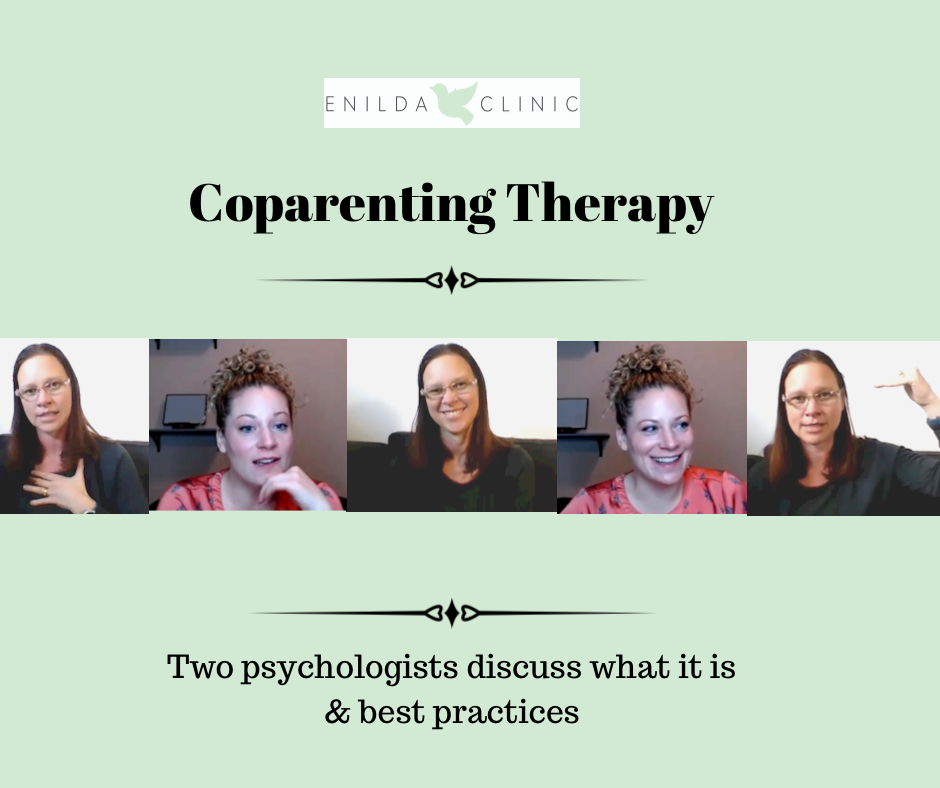
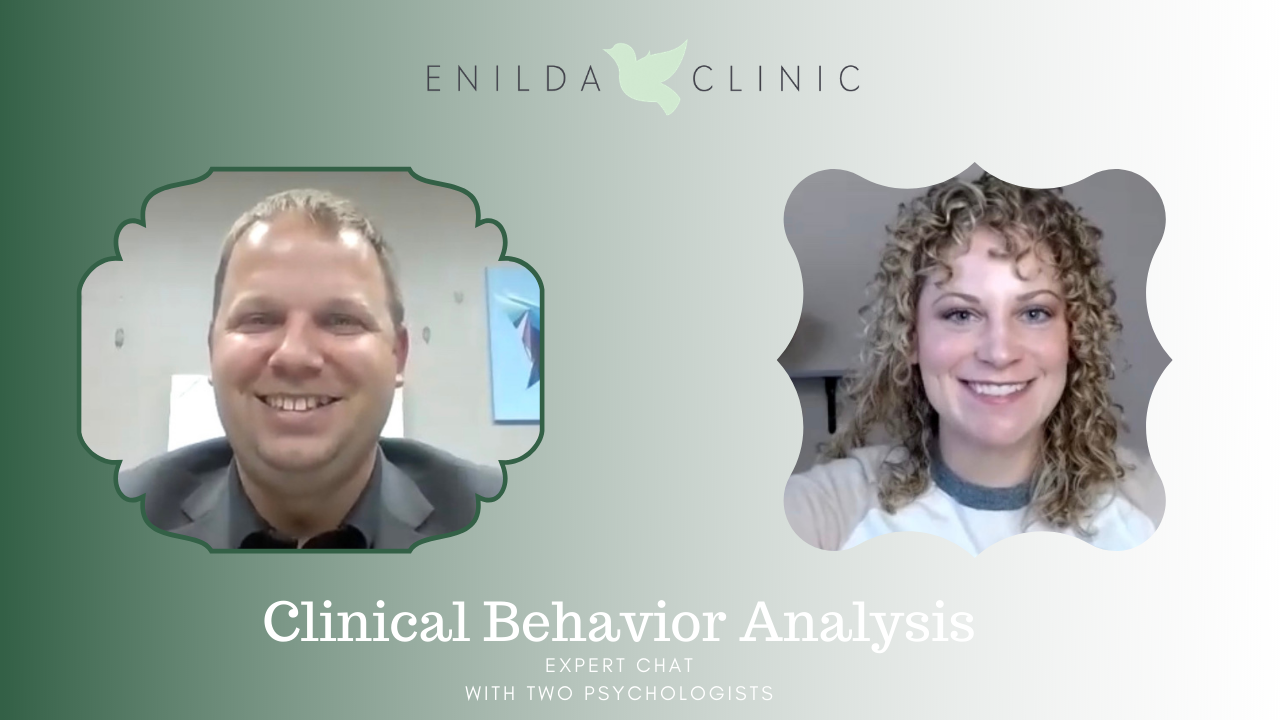

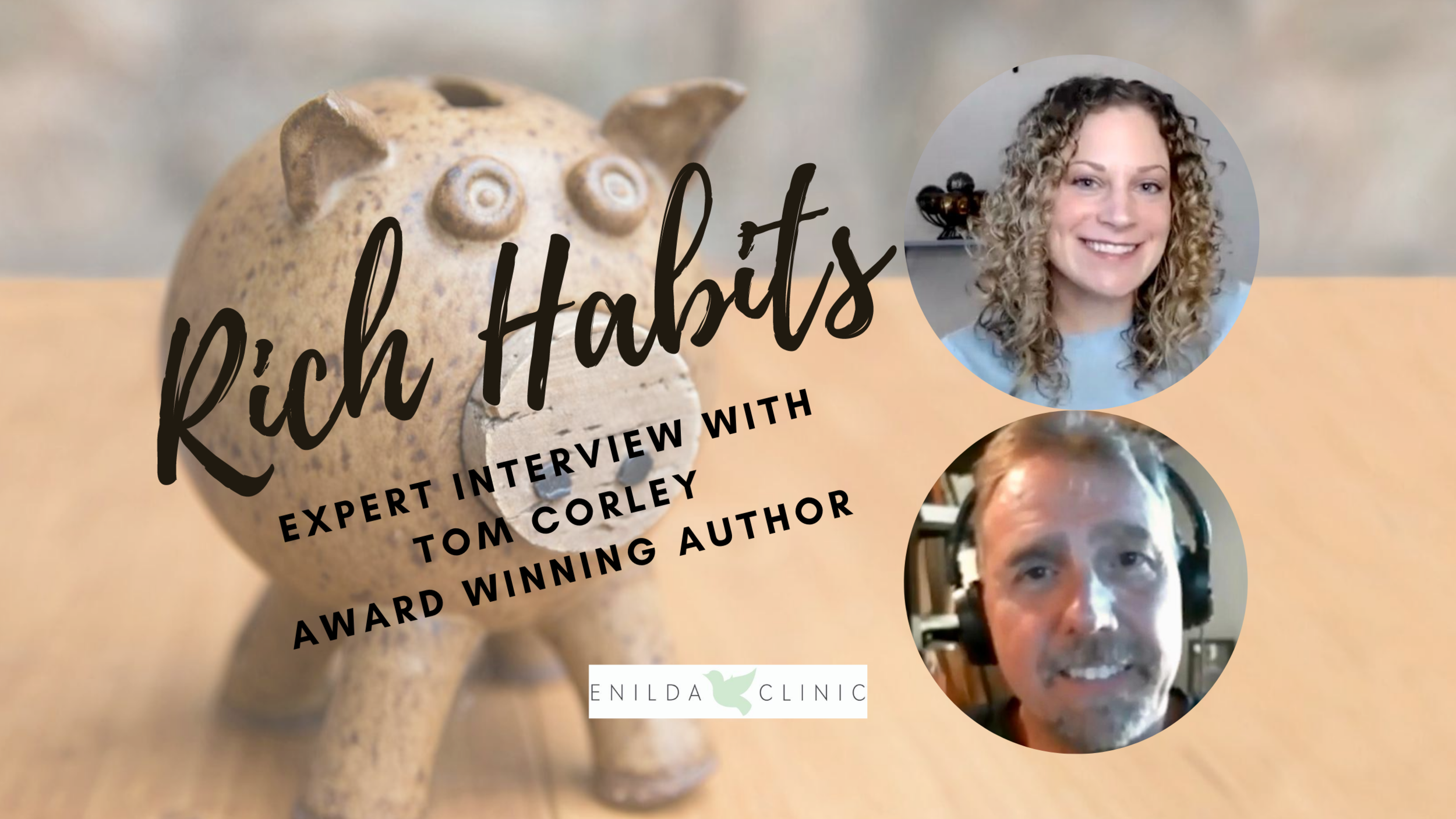
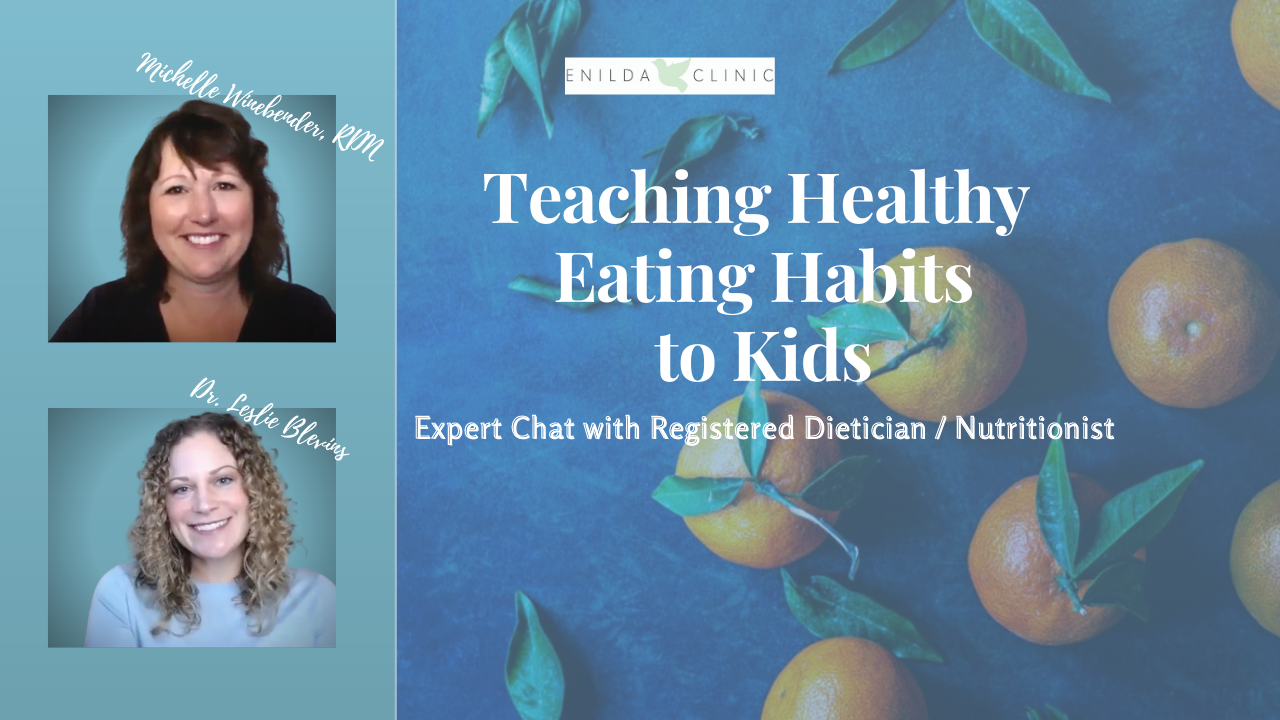
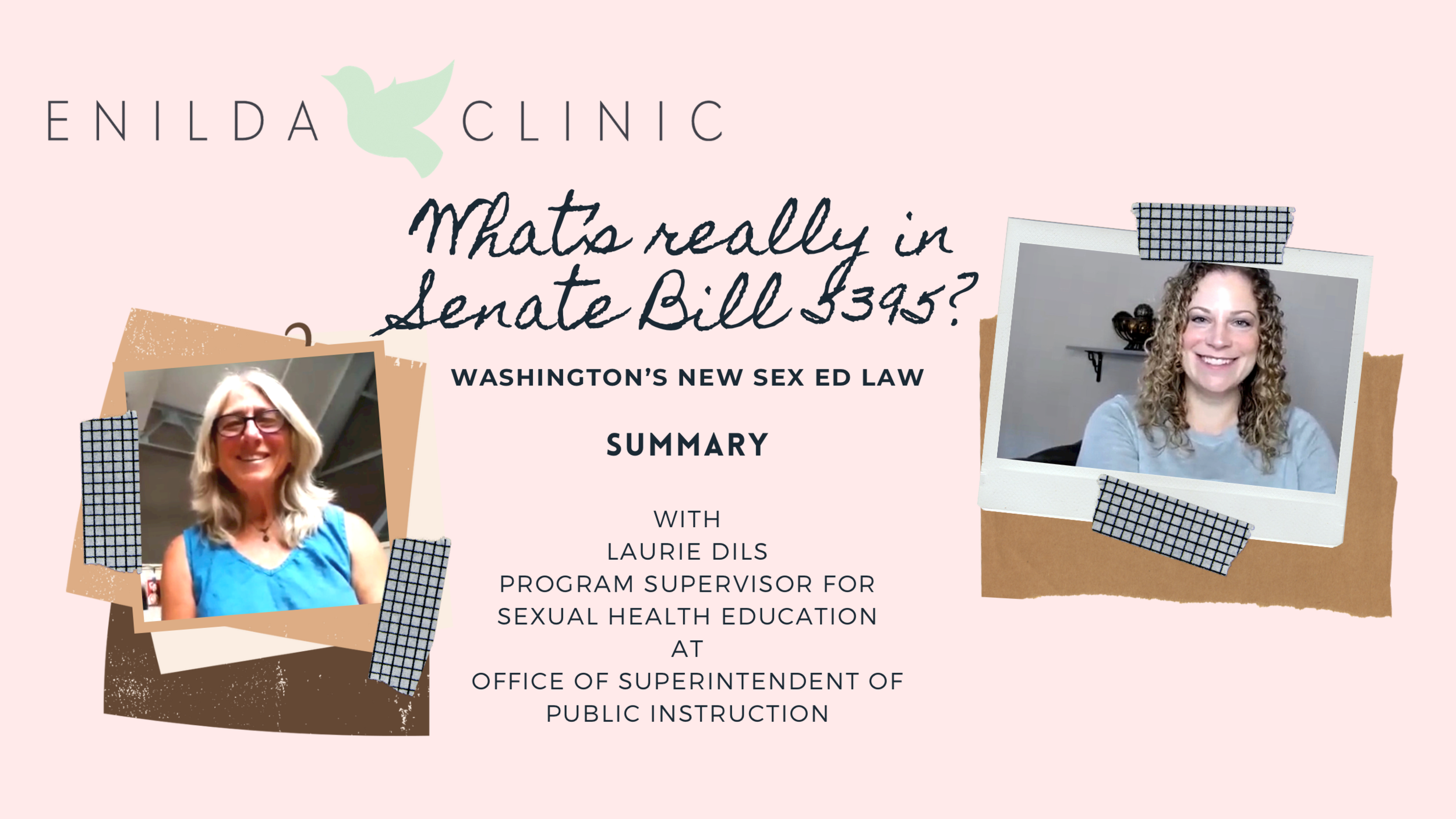
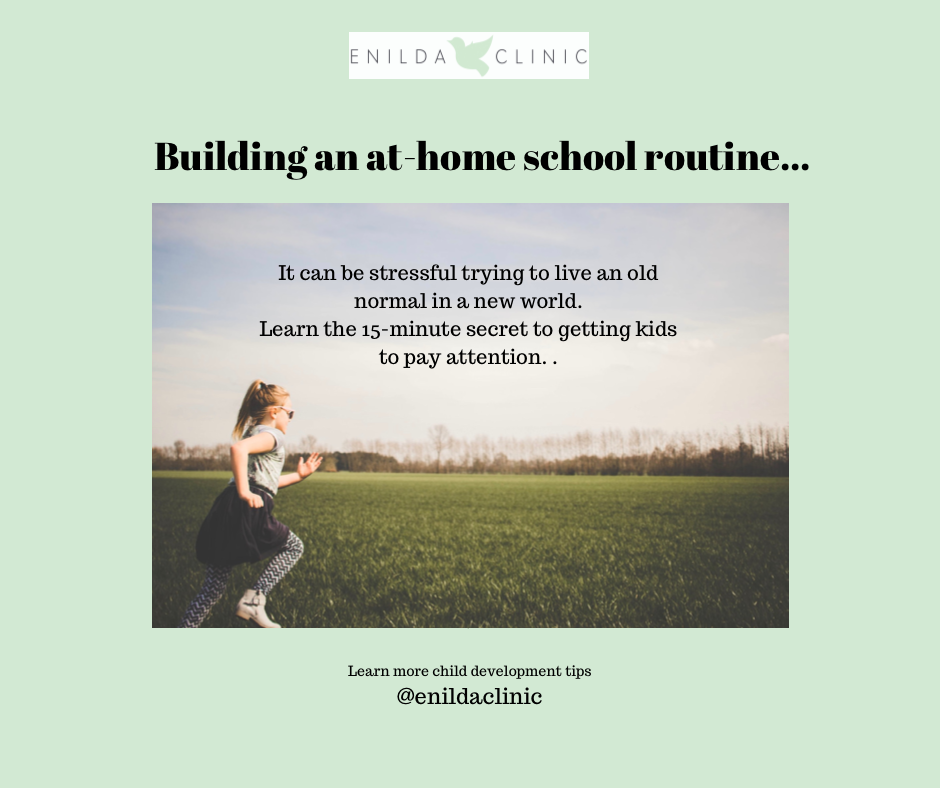
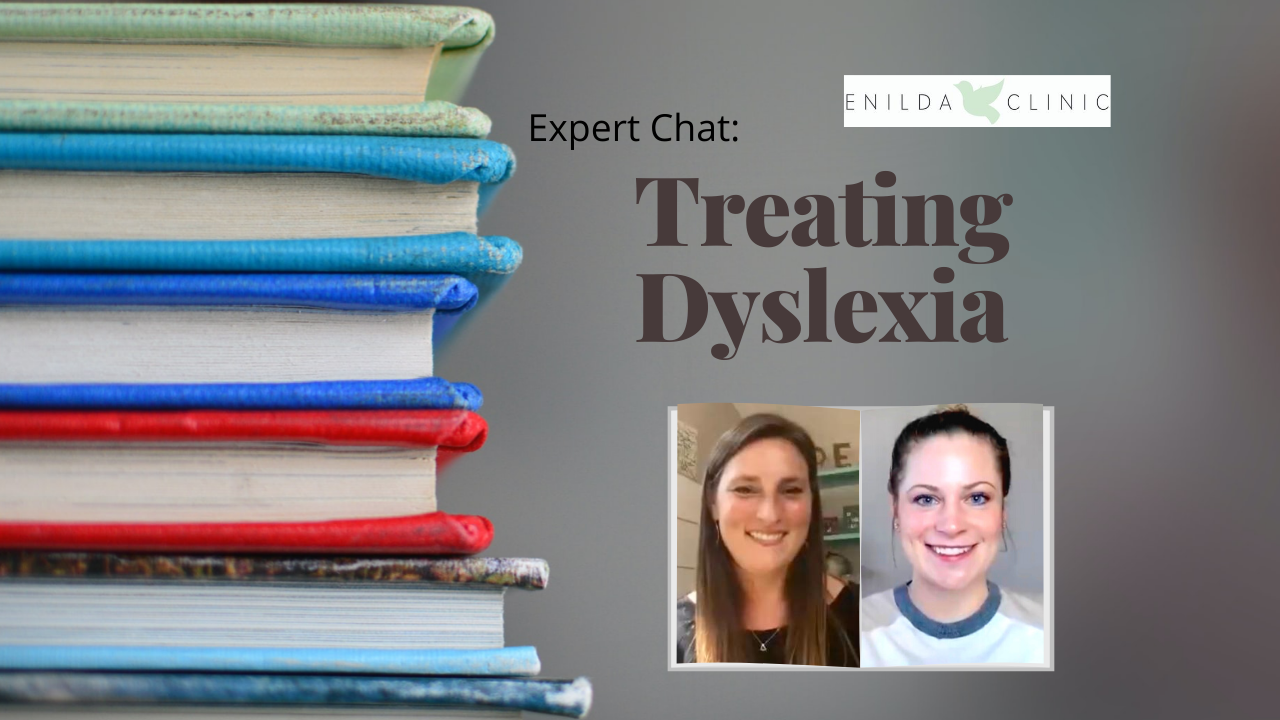

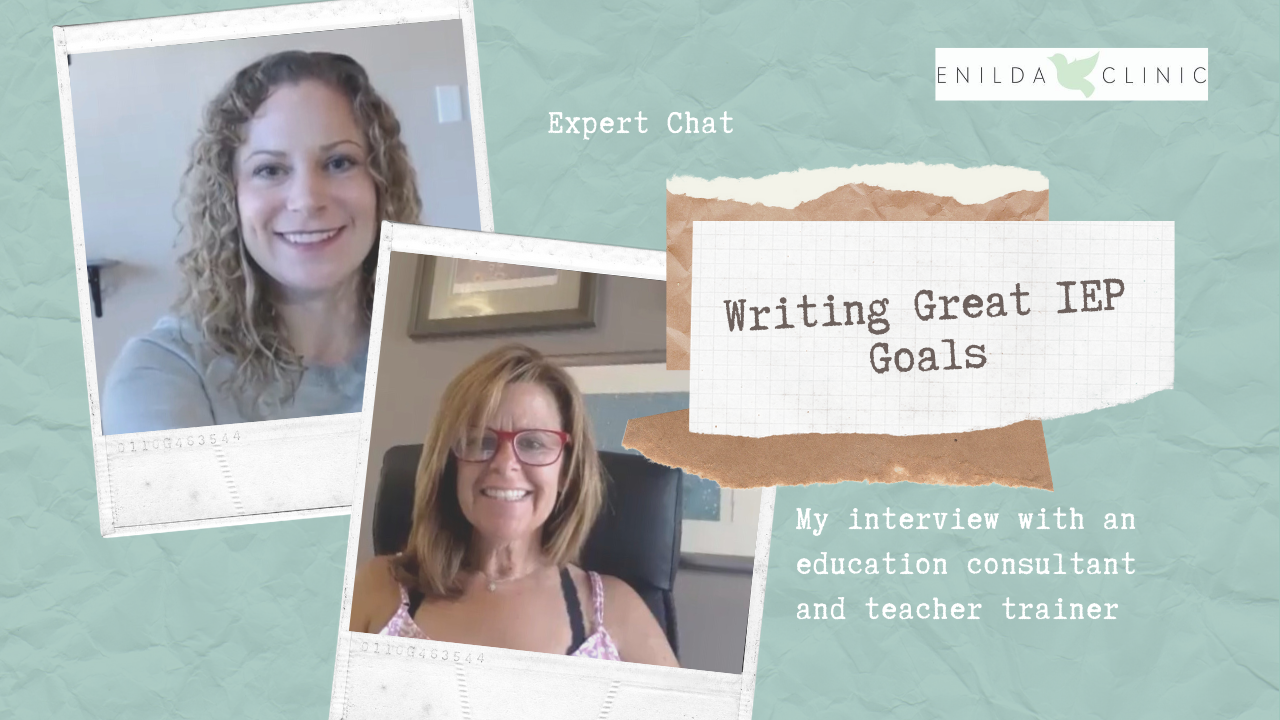
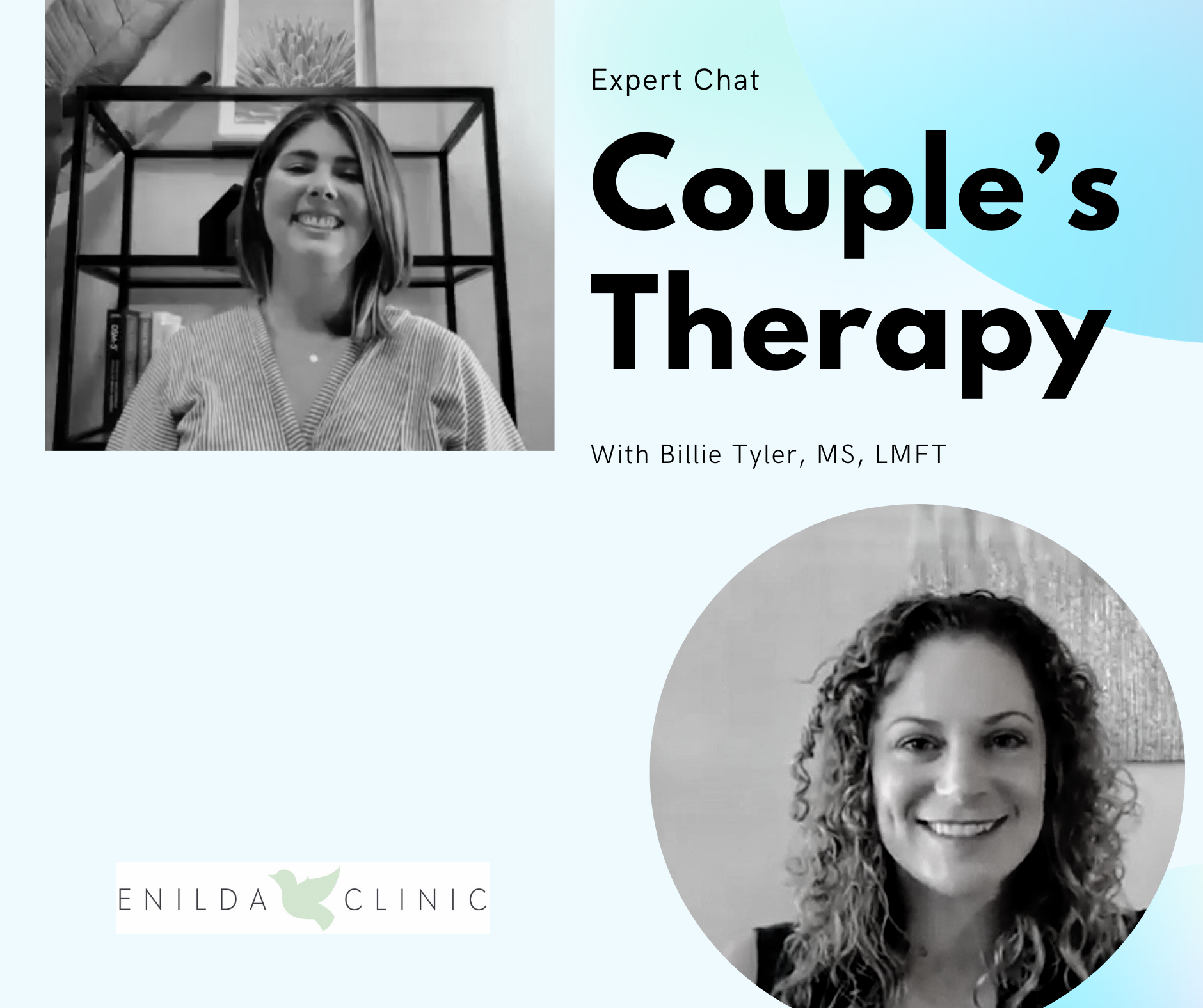
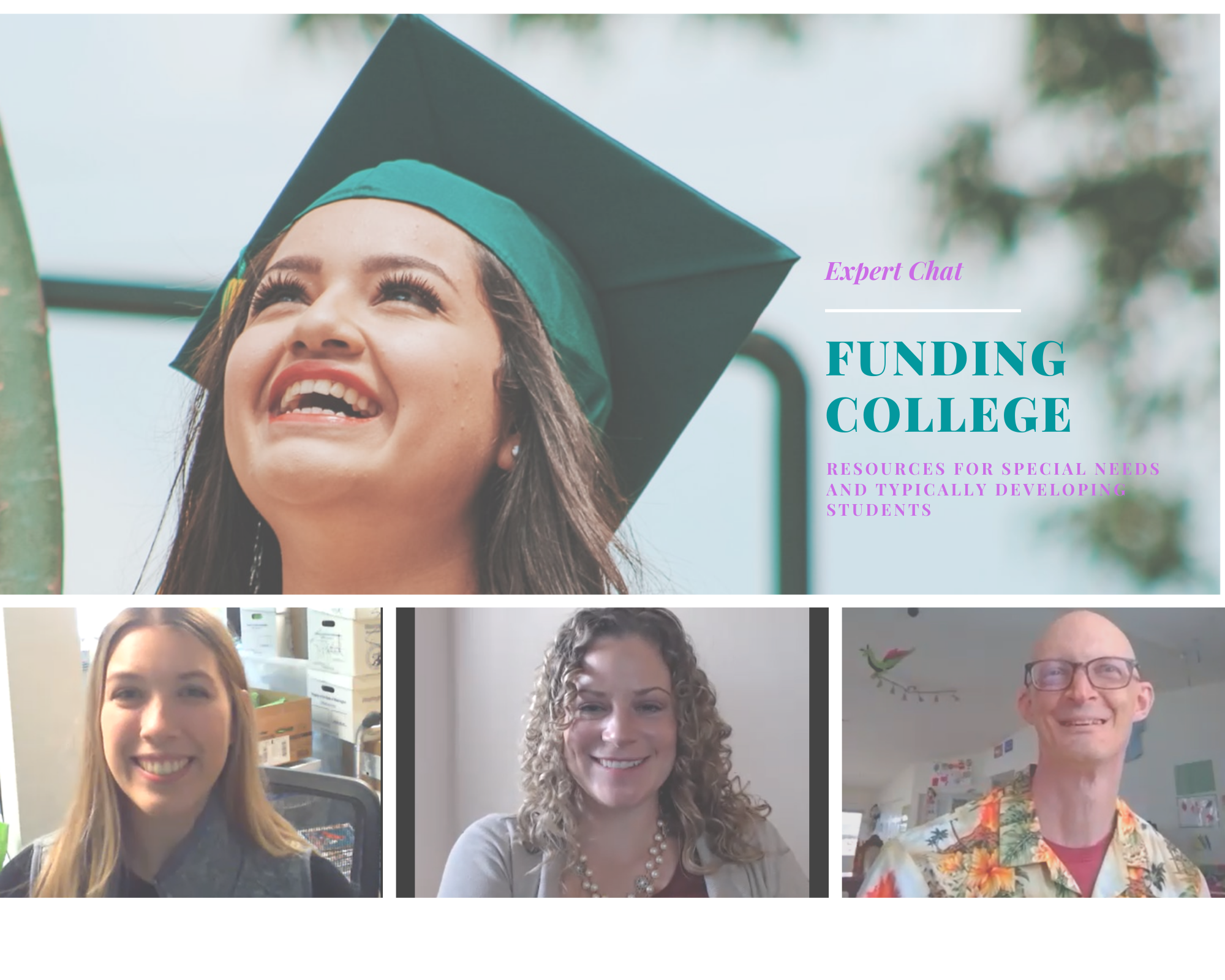

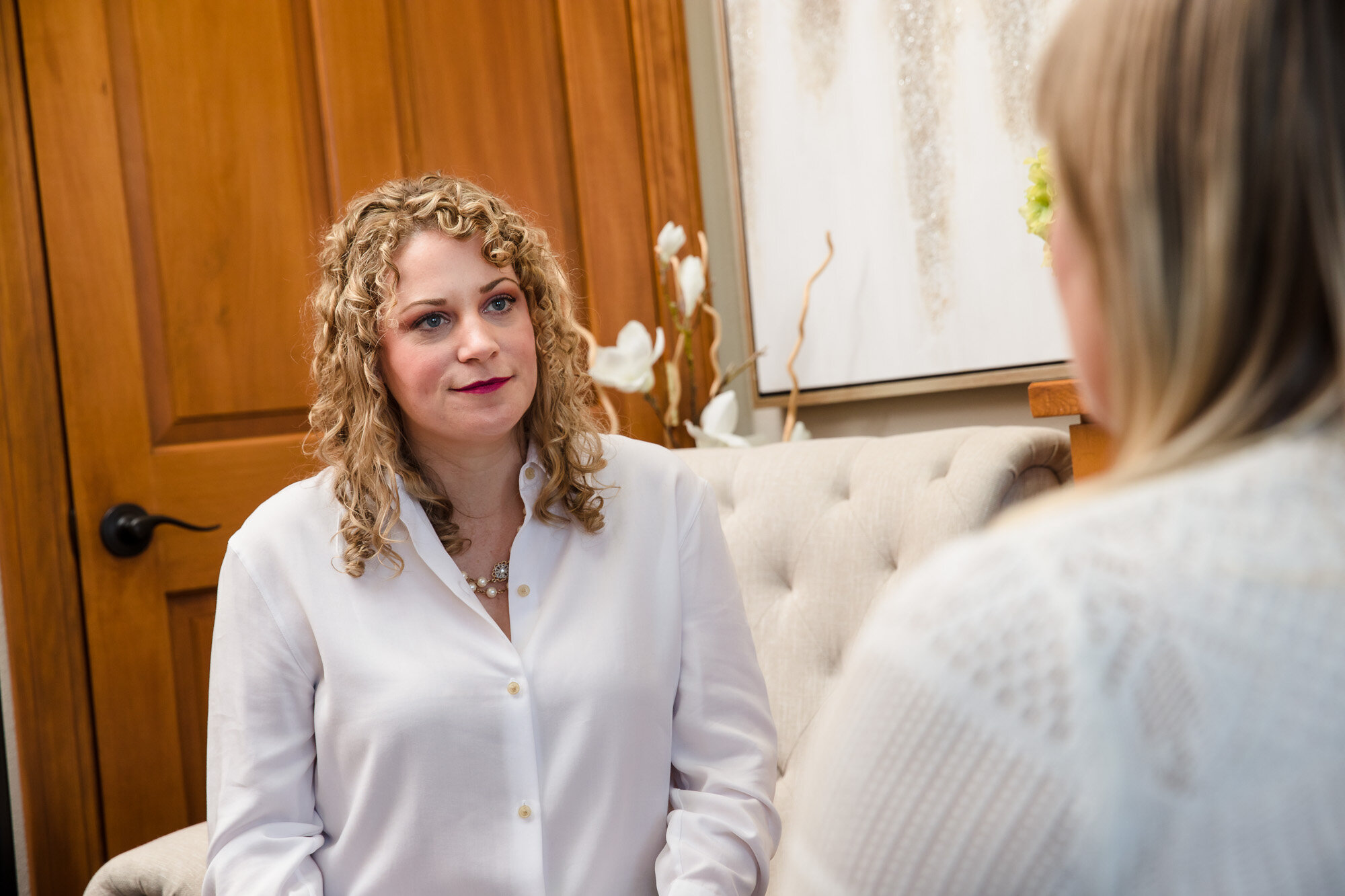
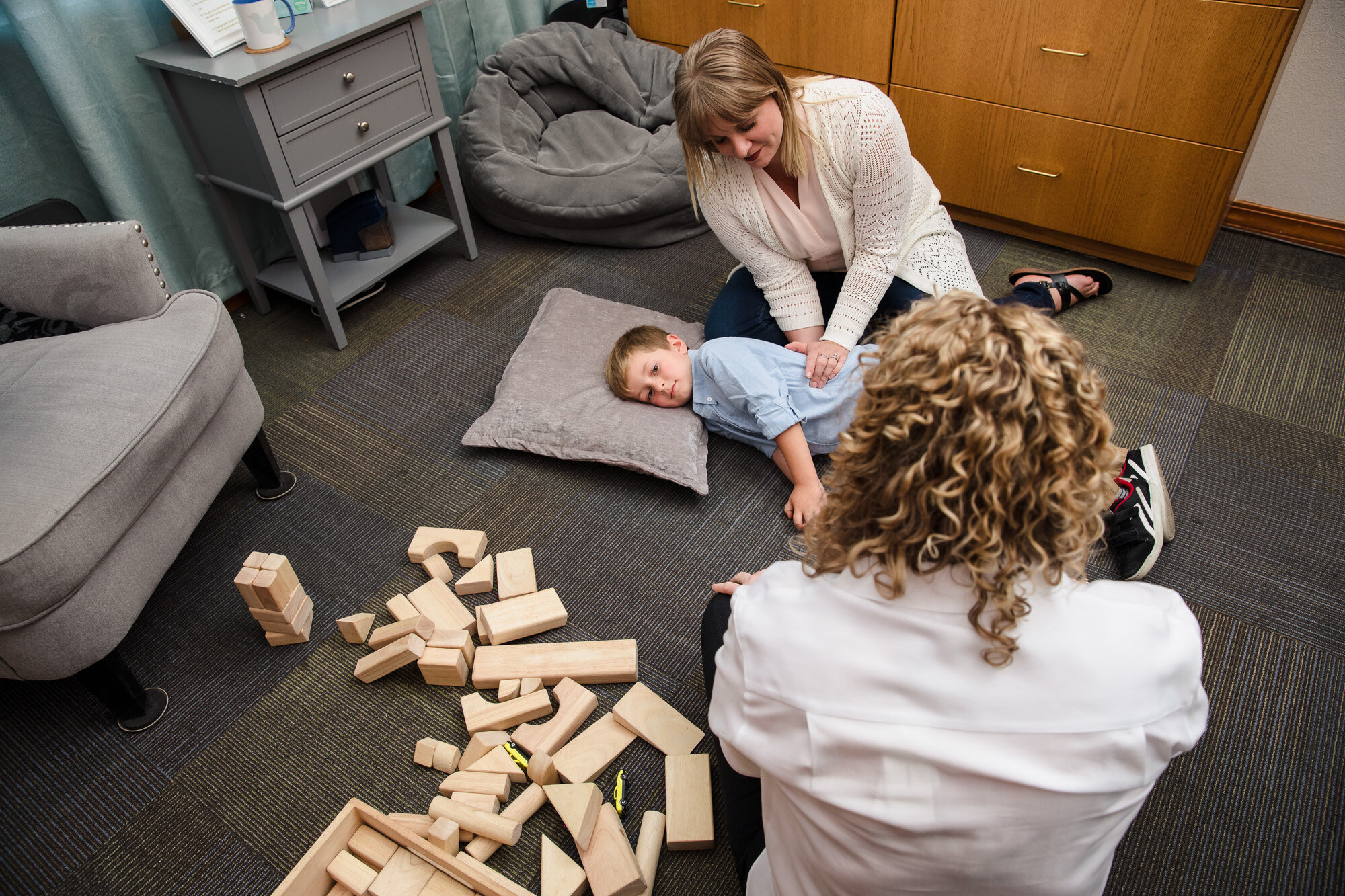
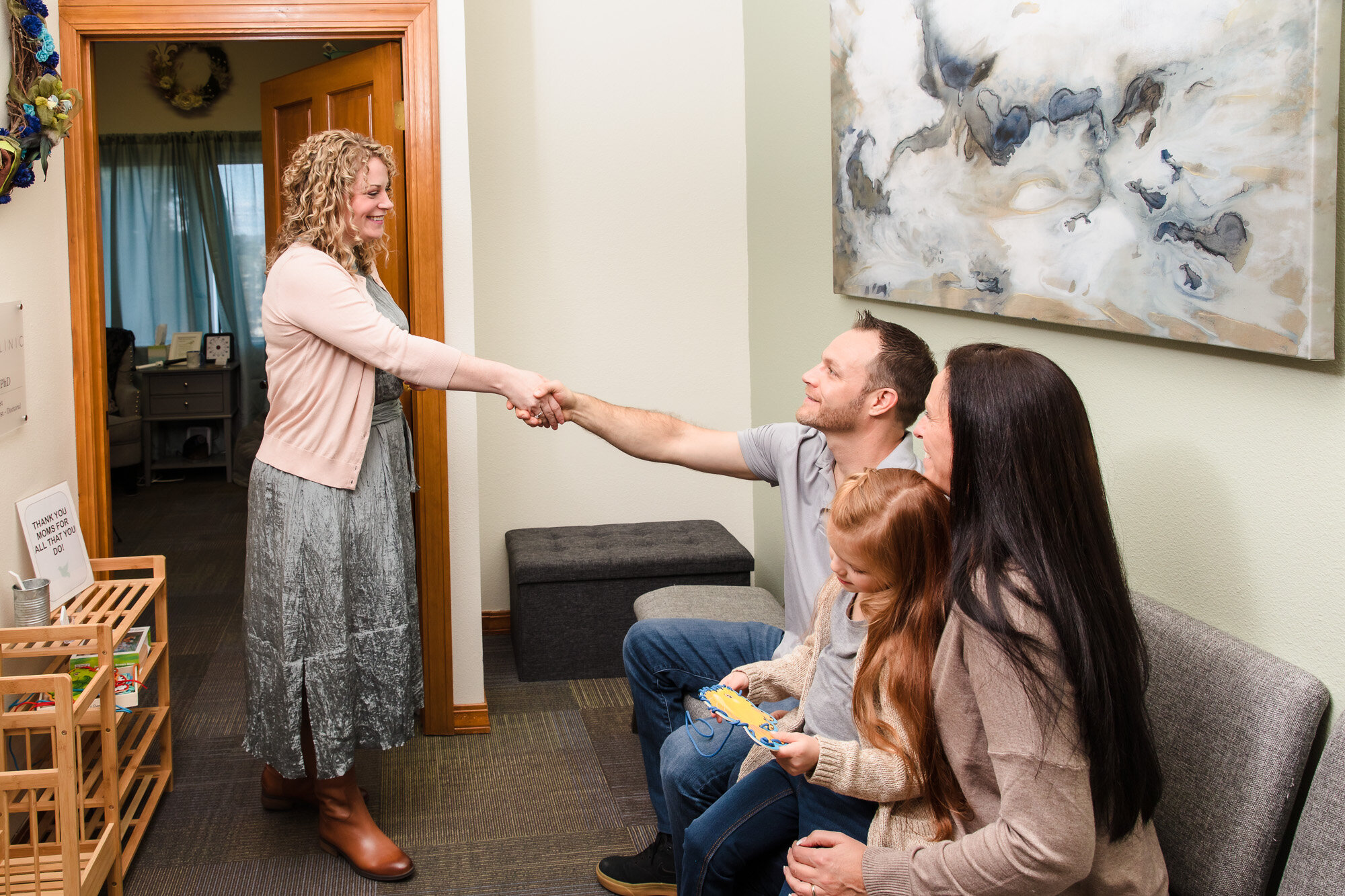
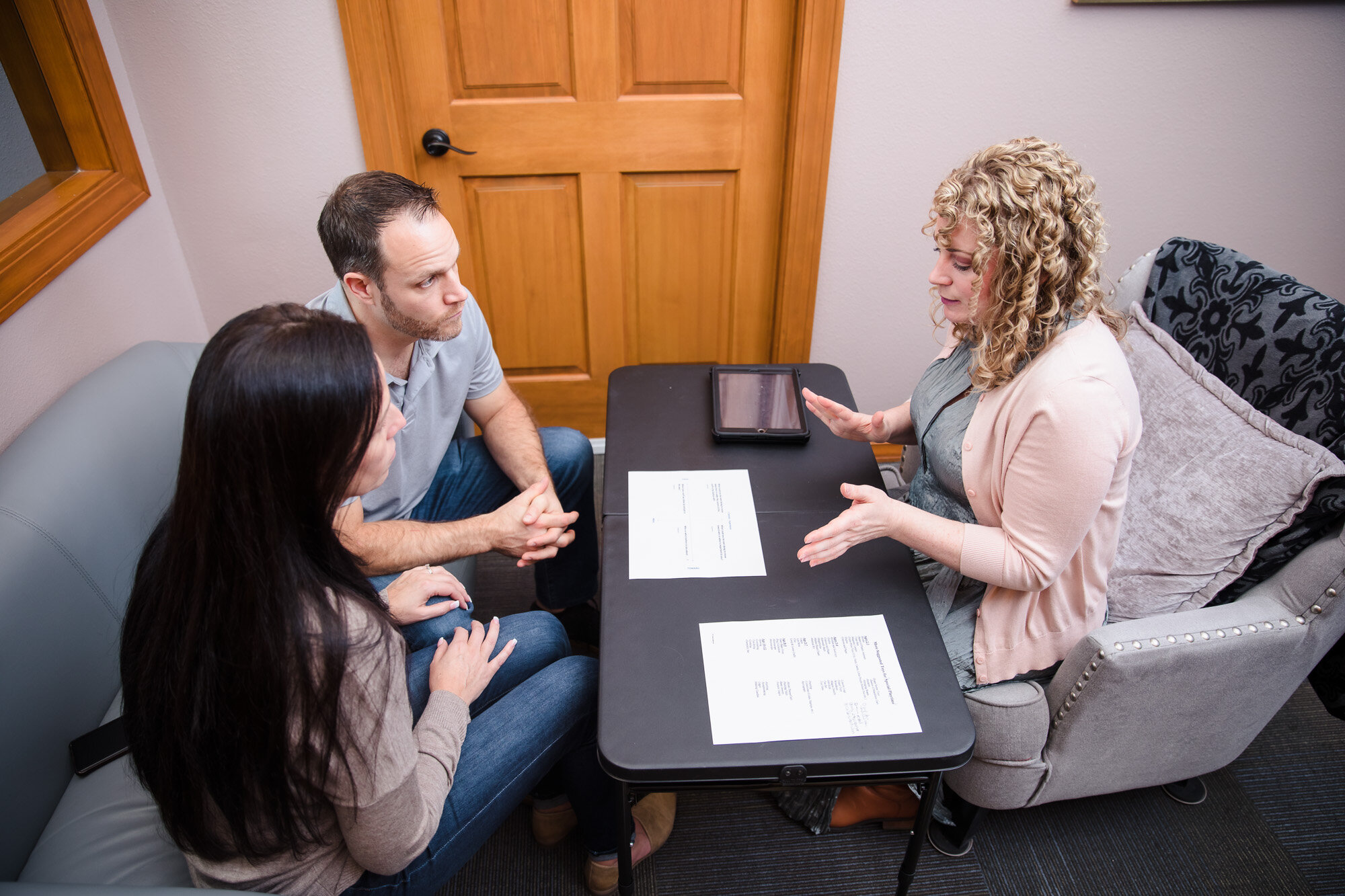

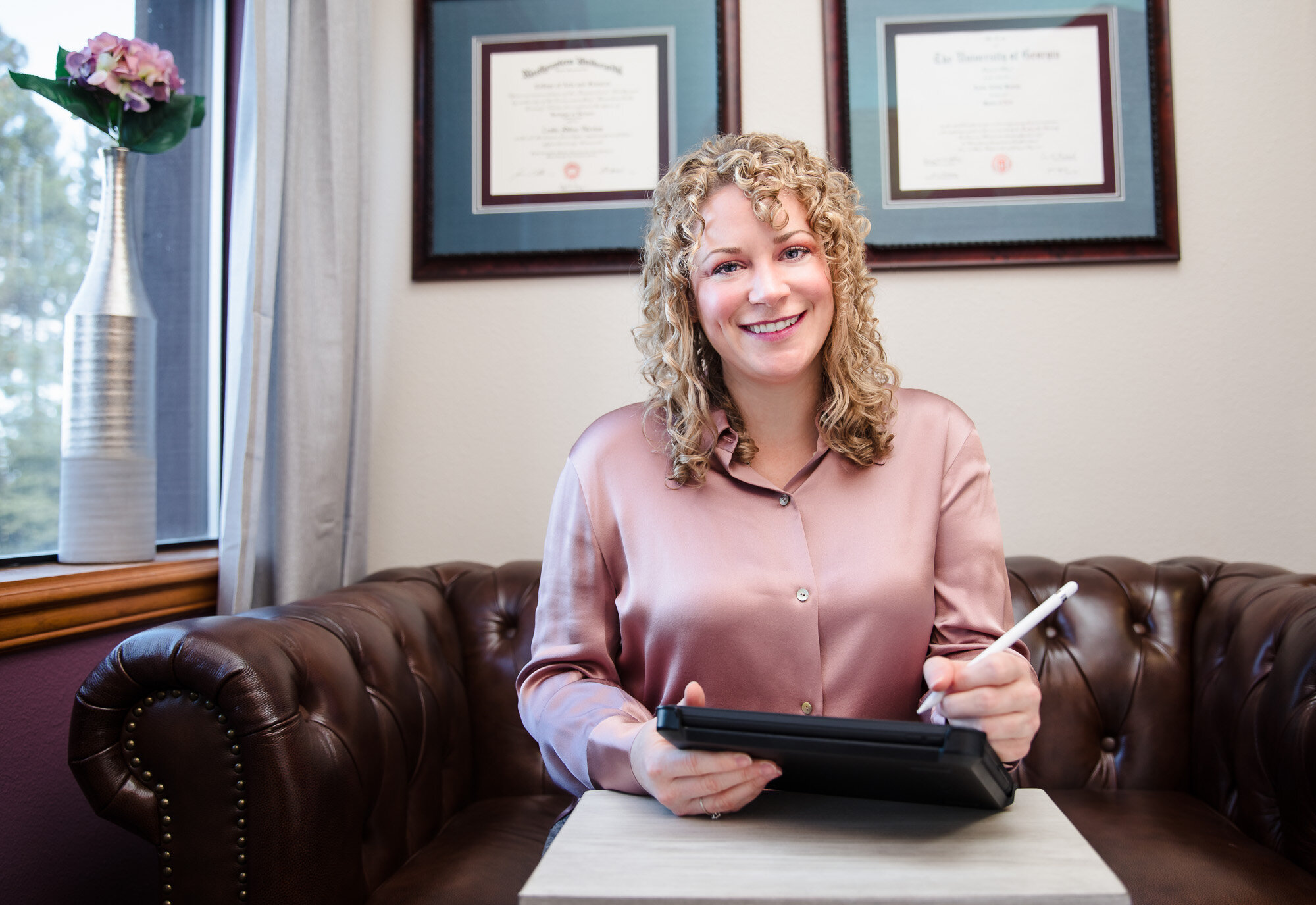
Dr. Blevins discusses when a parent has a behavior or development concern for their child, but it doesn't quite feel like it's big enough to see a specialist. When you feel there probably isn't a diagnosis, what do you do? She's discussing her thoughts on how parents might approach these tough questions.